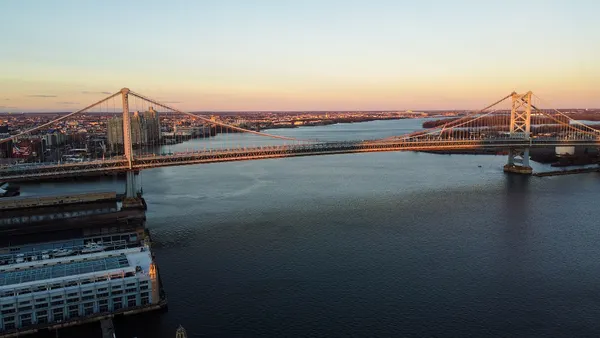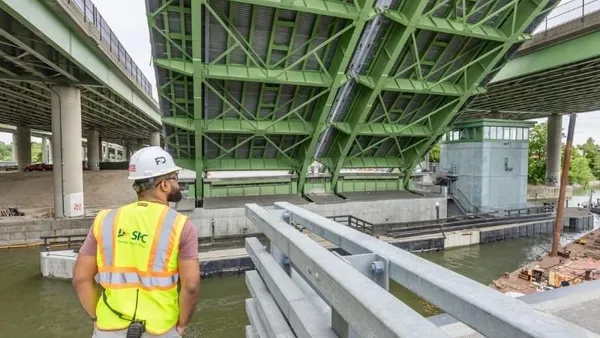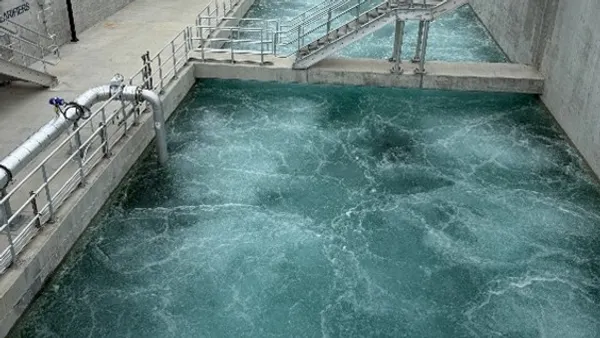Dive Brief:
-
Washington state lawmakers ended their third overtime legislative session last week without passing a two-year, $4 billion capital construction budget, according to The Seattle Times.
-
A domestic well–related measure was the sticking point for Republicans, who said they would not allow the construction bill to pass without an agreement on a rural water rights issue that has stalled development in some counties.
-
Failure to pass a construction spending bill put at risk $1 billion for school construction, $100 million for more mental health facilities and $18 million for wildfire prevention. If Washington Gov. Jay Inslee does not order lawmakers back for a fourth session, they will not reconvene until January 2018.
Dive Insight:
As more state legislators take it upon themselves to authorize the construction programs that anemic federal allocations won't cover, bipartisanship is becoming increasingly important.
Earlier this month, the state of Illinois averted a shutdown of its infrastructure projects after lawmakers overrode Gov. Bruce Rauner's veto of the state's $36 billion budget. Without passage, this would have been the third-straight year that Illinois lawmakers failed to reach agreement on a full-year budget. It also would have shut down more than $3 billion worth of transportation projects. The Illinois Department of Transportation had already started to ratchet down operations and ordered contractors to begin shutting down and securing their project sites before lawmakers acted at the last minute to pass a budget.
Illinois avoided the type of roadwork debacle that halted construction in New Jersey last year for just a little more than three months. Republicans and Democrats there agreed to raise the gas tax to pay for transportation projects but could not reach a deal on how to balance that increase out in the budget. After failed negotiations, Gov. Chris Christie shut down all non-emergency surface transportation projects.
New Jersey lawmakers eventually reached a compromise, but not before killing the very short summer construction season that many highway construction companies and their employees rely on to make it through the winter.












